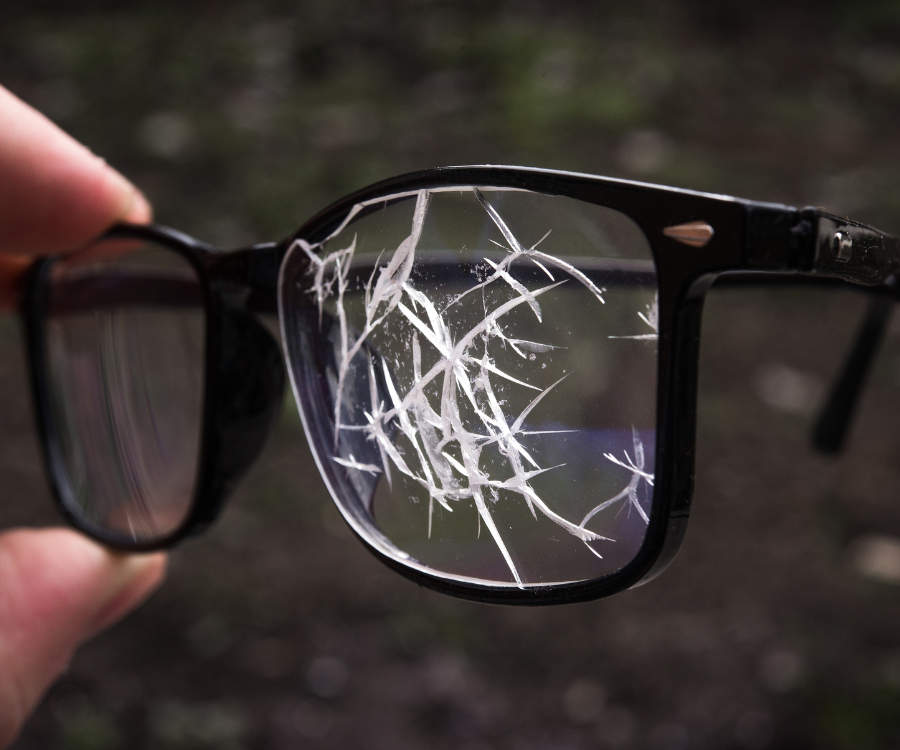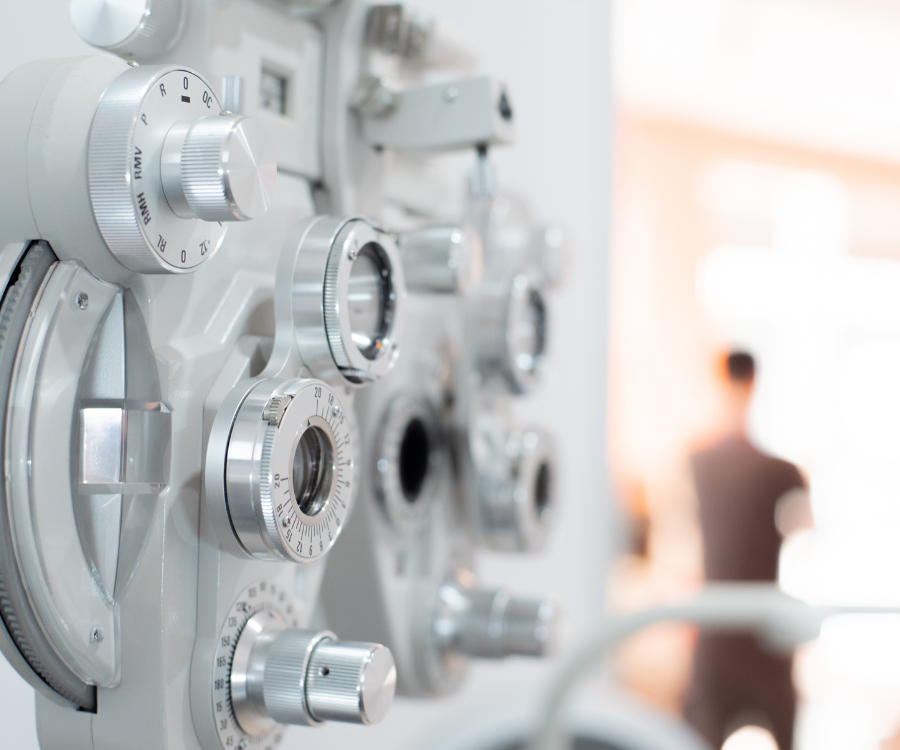Windows to Your Soul: Decoding the Health Messages Your Eyes Are Sending
Our eyes, those mesmerizing orbs that capture light and paint the world around us, are also silent sentinels, constantly sending subtle signals about our overall health. Just like a skilled detective deciphers clues, learning to read the language of your eyes can unlock valuable insights into your well-being. So, dim the lights, grab a magnifying glass (not really!), and let’s embark on a journey of ocular exploration:
1. Redness and Irritation: Bloodshot eyes, like windows smeared with ketchup, can be a sign of allergies, infections, or even dry eye syndrome. Don’t rub your eyes raw – consult an ophthalmologist to diagnose the cause and get relief.
2. Puffy Peepers: Bags under your eyes? Not just the result of a late-night Netflix binge. Chronic puffiness or swelling could indicate thyroid problems, allergies, or even kidney issues. Time to ditch the eye cream and see a doctor for a proper diagnosis.
3. Blurred Vision: The world suddenly looking like a watercolor painting? Blurry vision can be caused by various factors, from nearsightedness to cataracts or even diabetic retinopathy. Don’t squint your way through life – schedule an eye exam to find the culprit and get the vision-correction magic happening.
4. Dancing Dots and Flashes: Seeing floaters or flashes of light? While sometimes a normal occurrence, persistent sightings could be a sign of retinal detachment, a serious medical condition. Don’t wait for the dancing dots to do a disco – seek immediate medical attention.
5. Uneven Pupils: Pupils like twins are a good sign. But if one pupil is noticeably larger than the other, it could indicate neurological issues or even stroke. Don’t play pinocchio – it’s time to head to the doctor’s office for a thorough checkup.
6. Dryness and Discomfort: Scratchy, gritty eyes feeling like sandpaper? Dry eye syndrome can make everyday activities a chore. Talk to your doctor about lubricating eye drops or other treatment options to restore comfort and clarity.
Remember: Your eyes are precious, so pay attention to their whispers! Regular eye exams are crucial for maintaining good vision and detecting potential health issues early on. Don’t be afraid to seek professional help – your peepers deserve the best care possible. So, blink away the neglect, sharpen your observation skills, and start deciphering the health messages your eyes are sending. A clear view of your well-being awaits!




